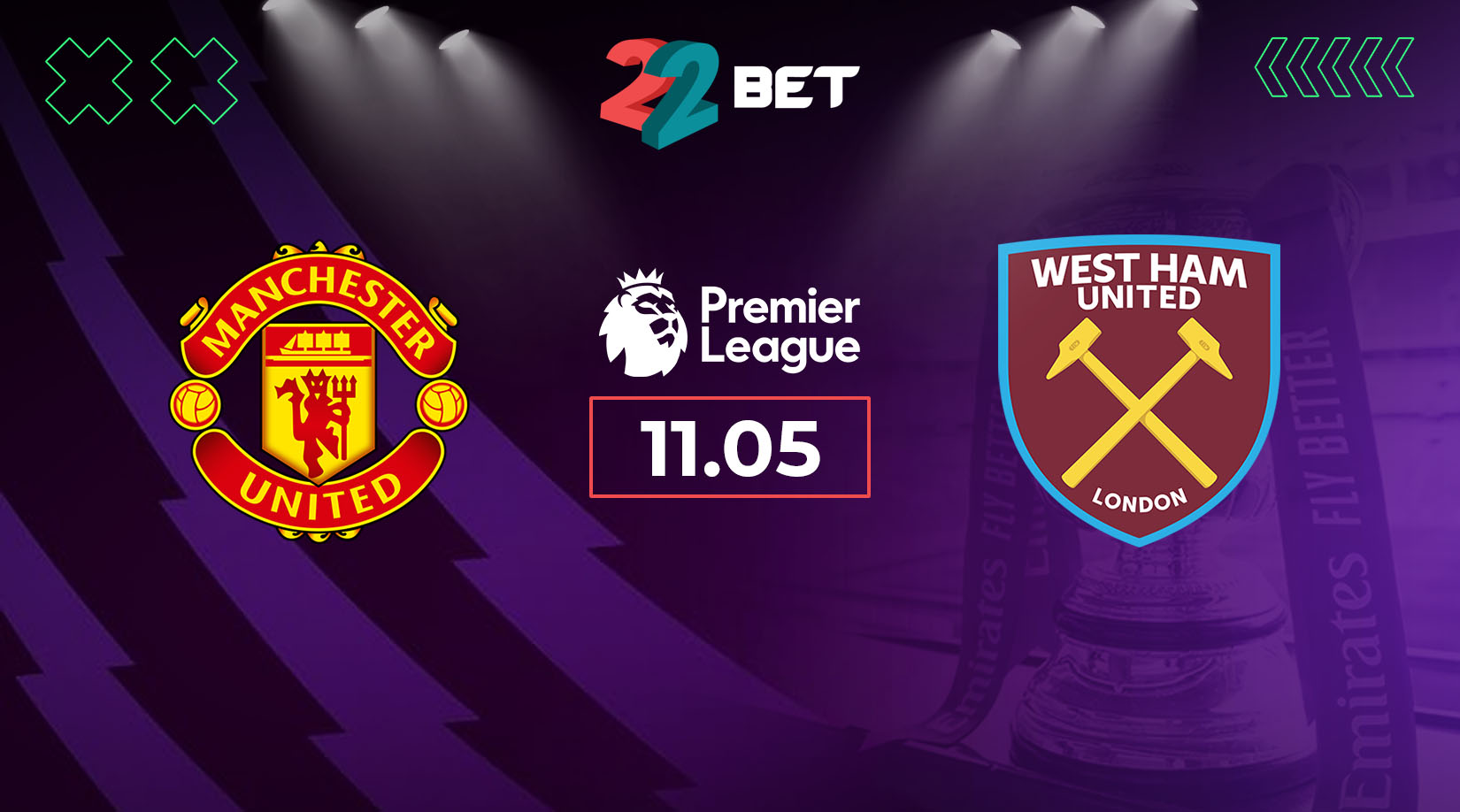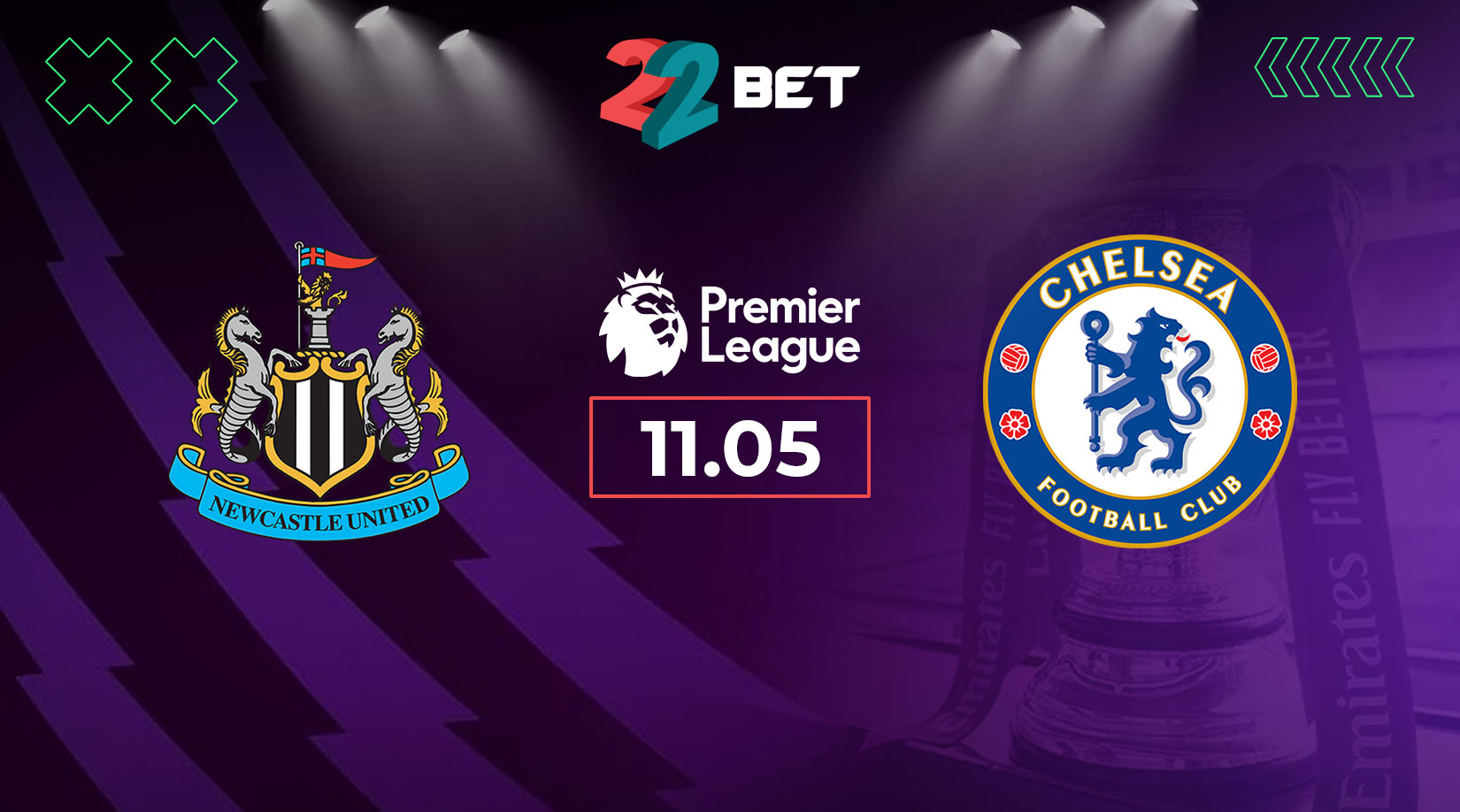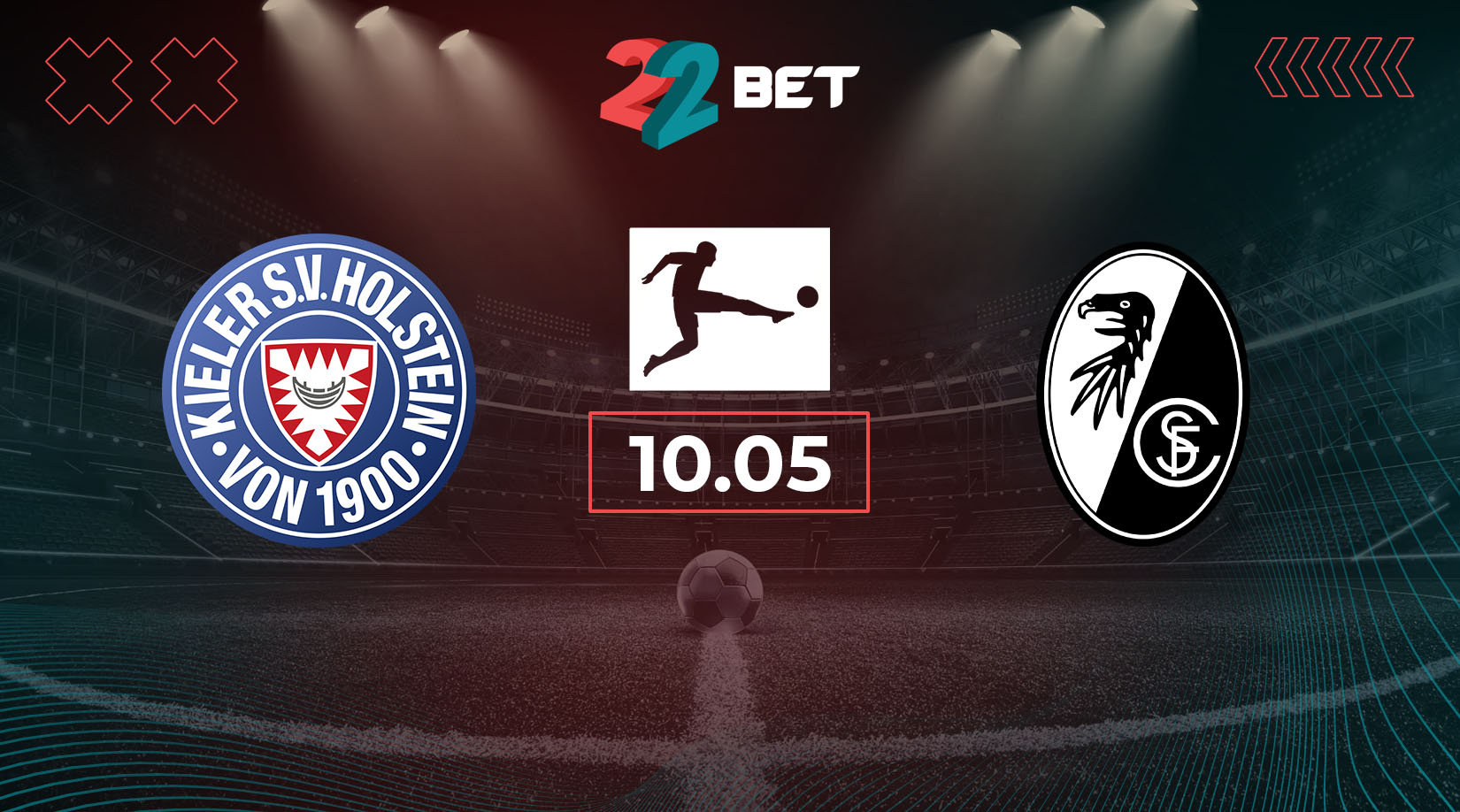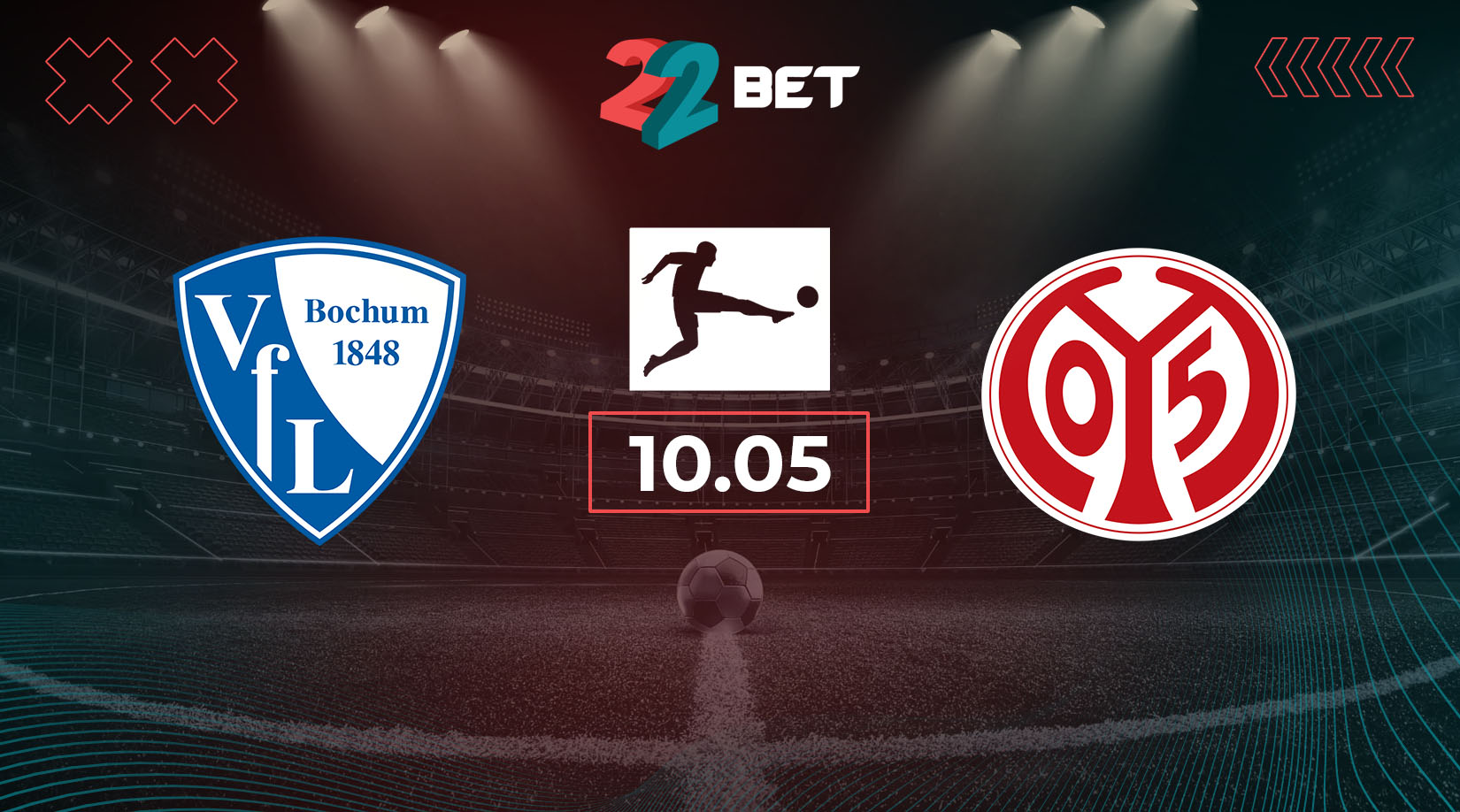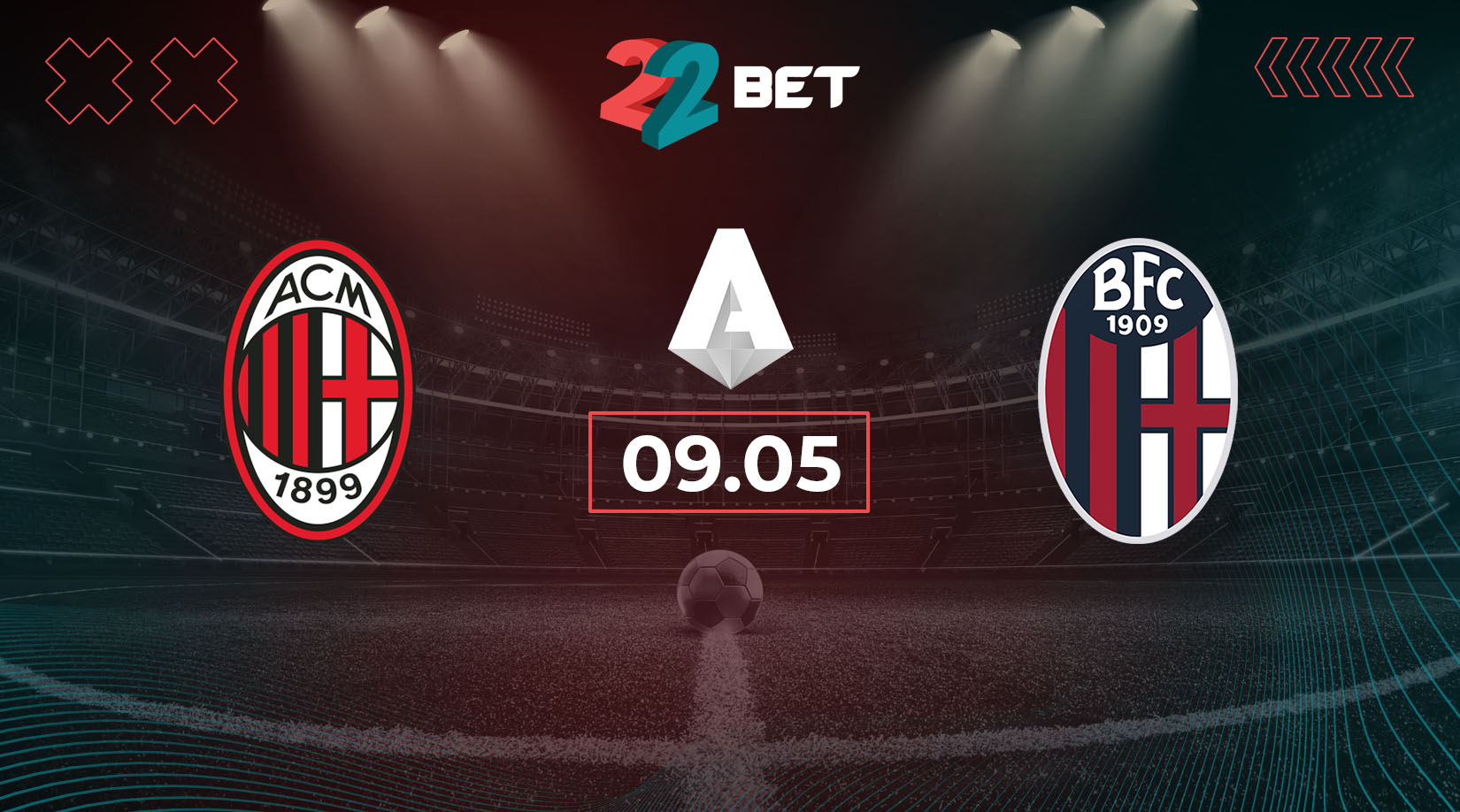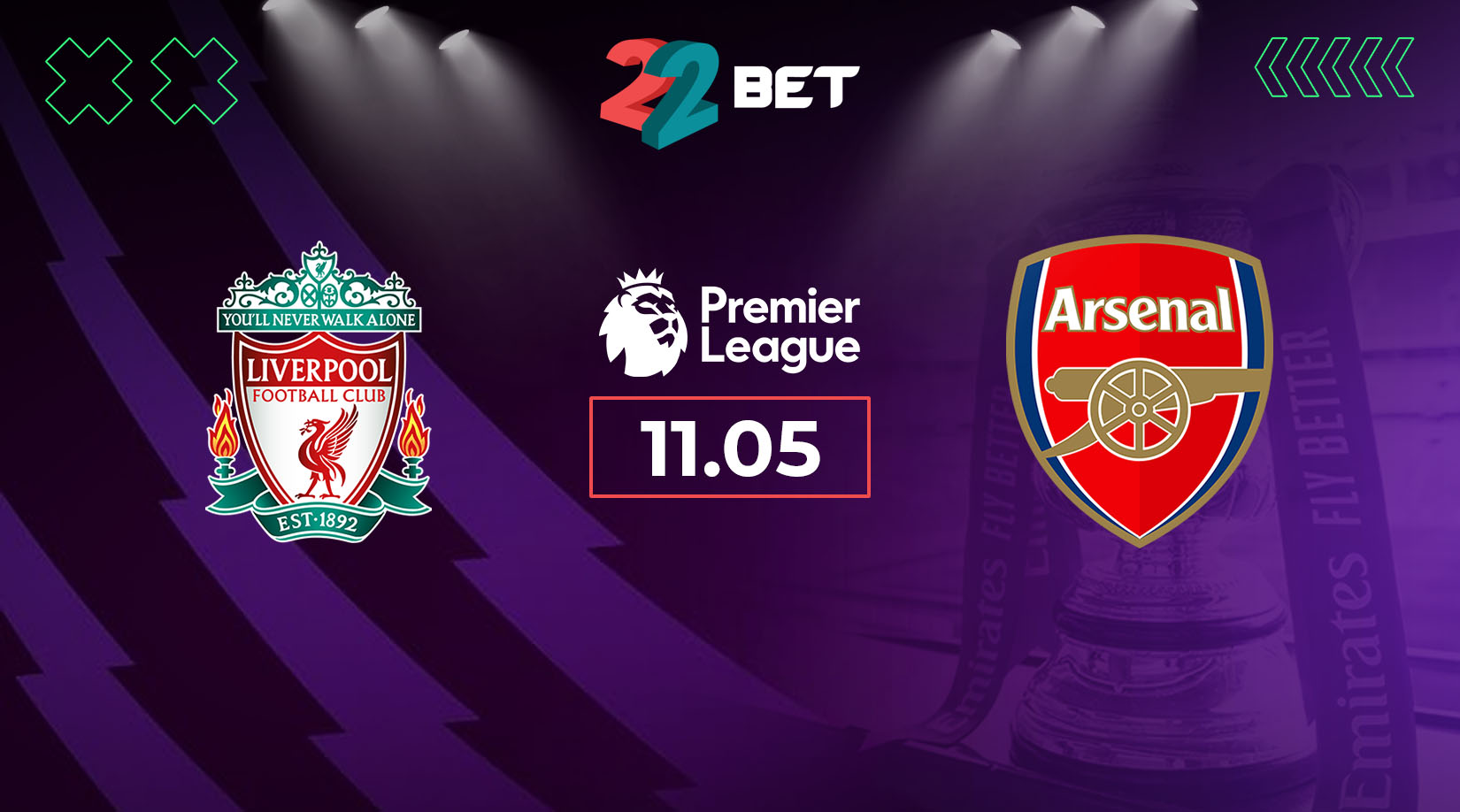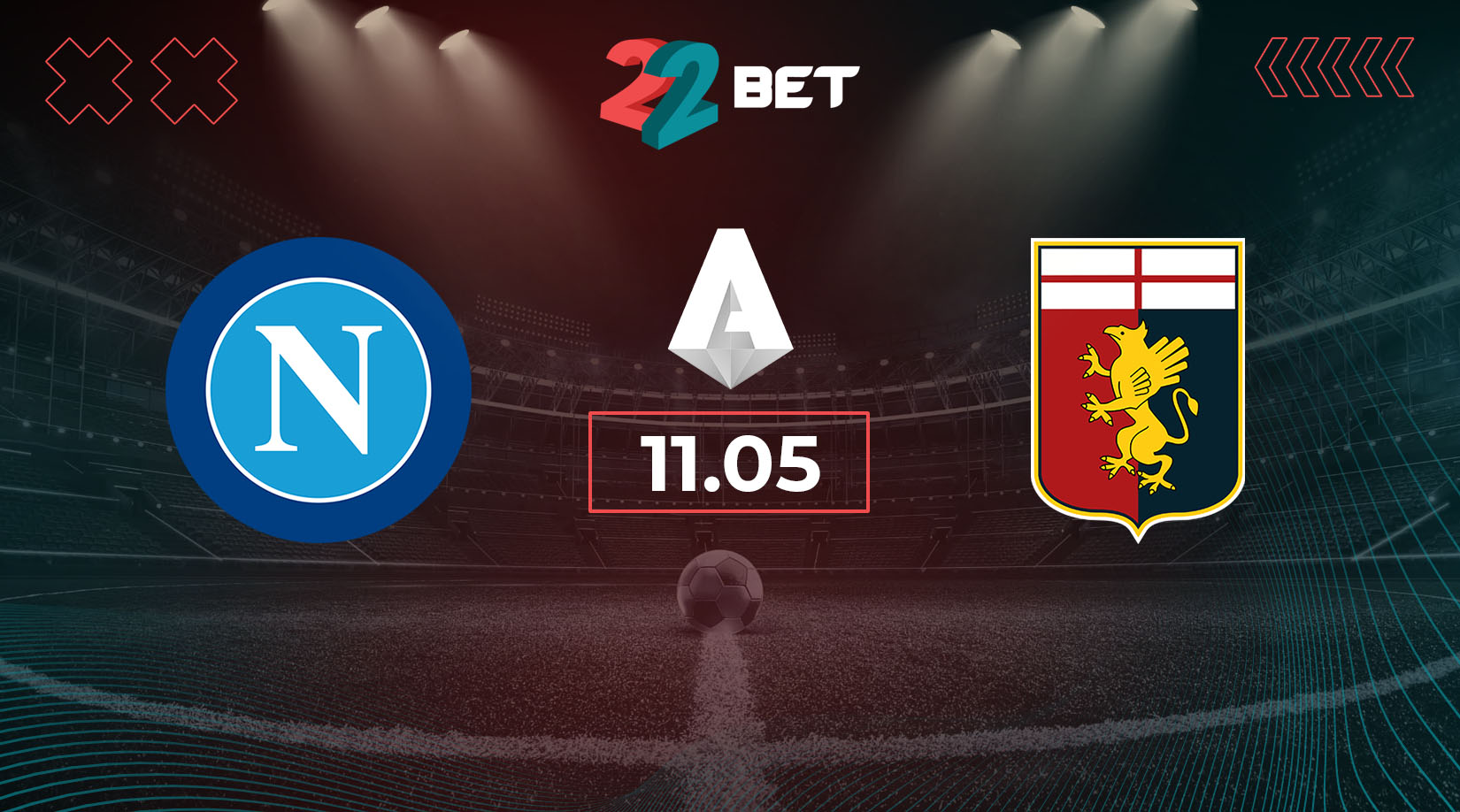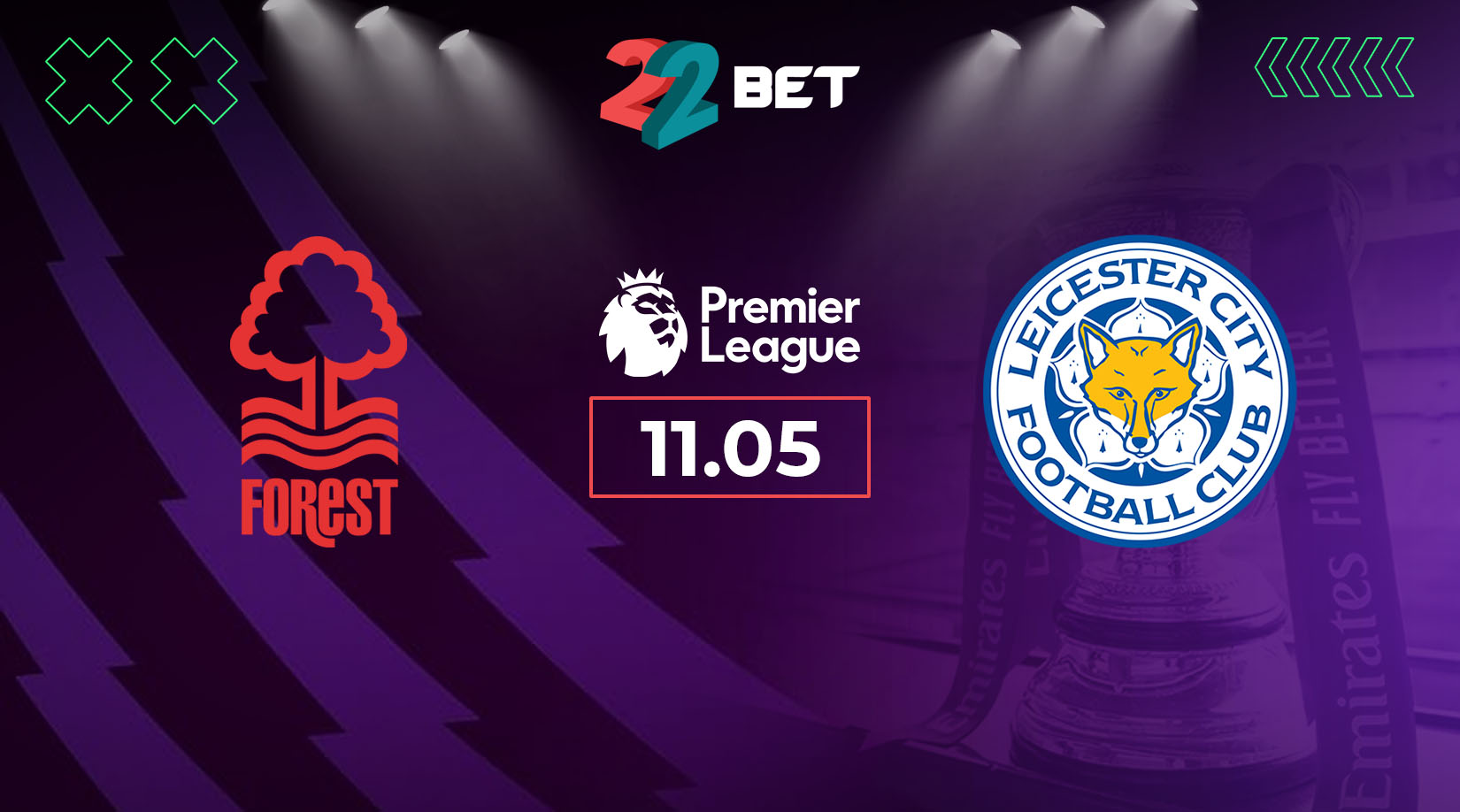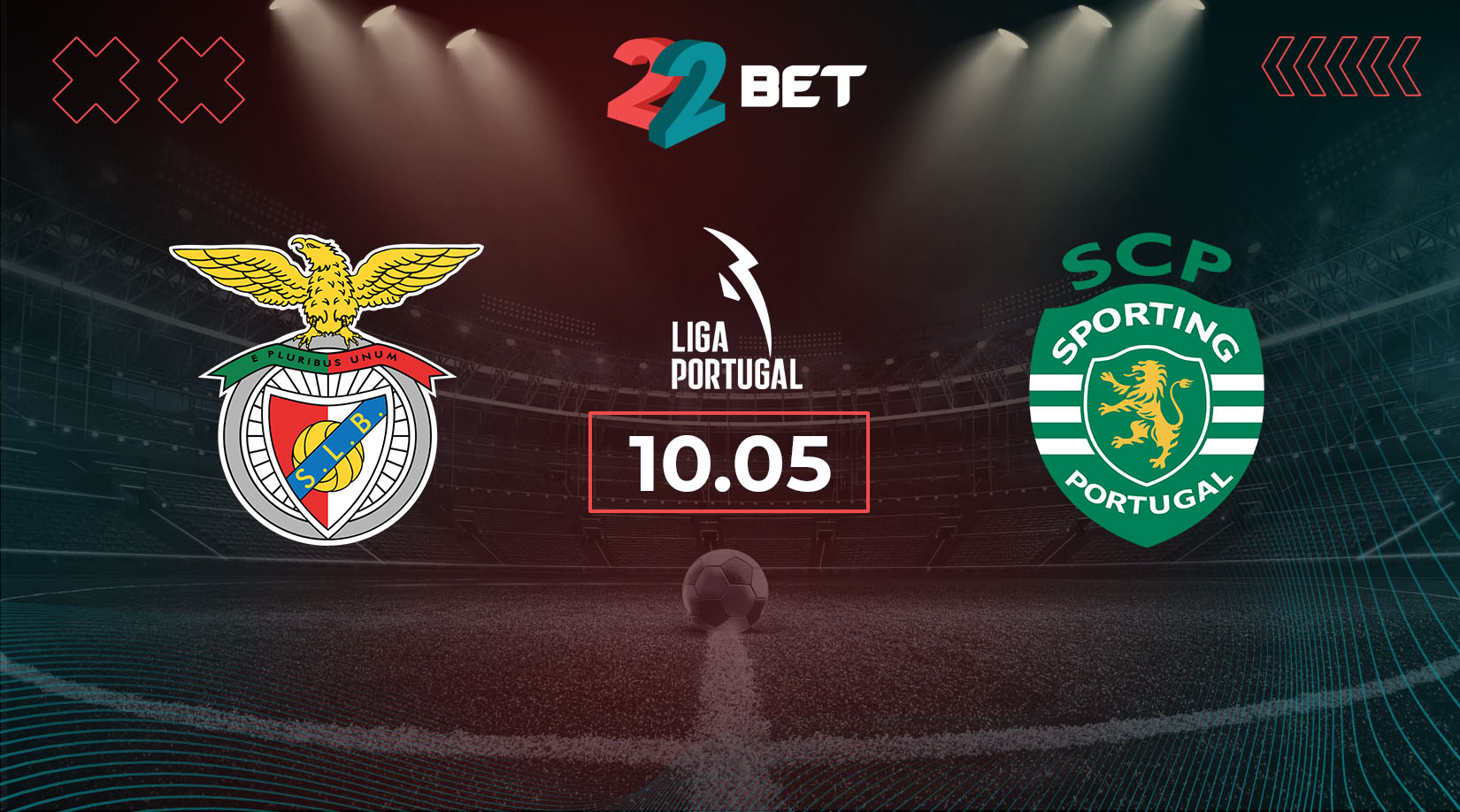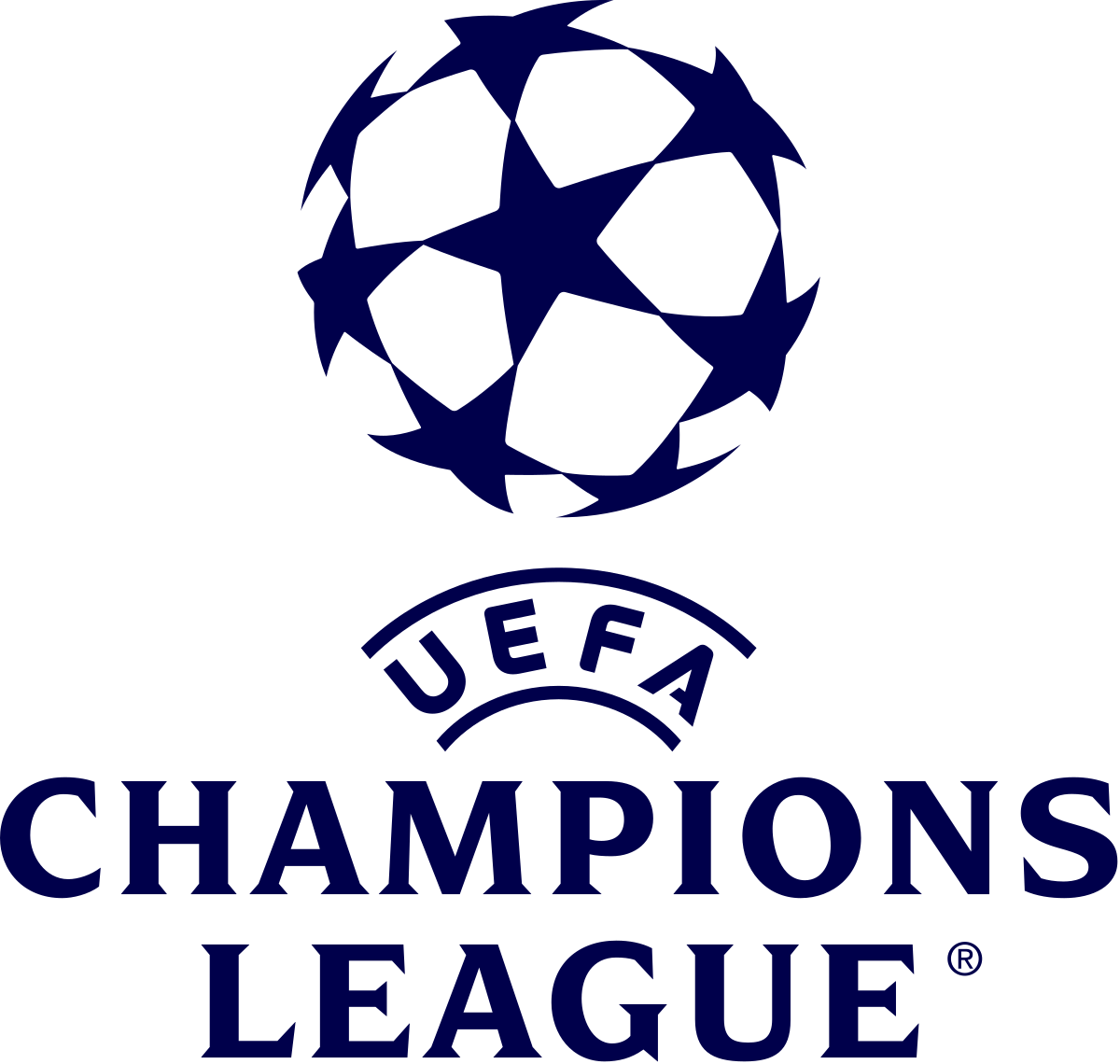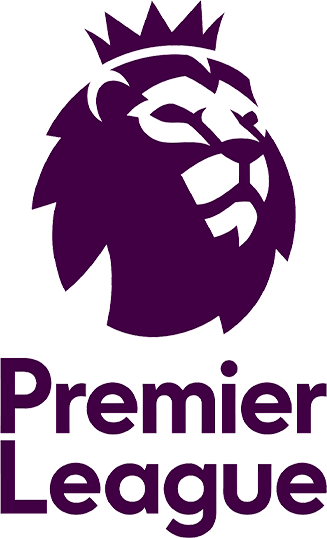The mix of sports and betting is a complex subject that has been around for a while. We have seen a lot of global sports betting controversies that gave rise to some of the most infamous sports betting scandals and athlete suspensions.
One of the most notorious incidents is the 1919 Black Sox Scandal, where eight members of the Chicago White Sox were accused of losing the World Series on purpose. This event shook Major League Baseball and led to a lifetime ban for the involved players. Fast forward to 1989, and the name Pete Rose resurfaces. He was a revered baseball figure. However, his activities resulted in his ban.
Soccer has not been immune. The 2006 Italian football scandal, Calciopoli, exposed top clubs manipulating match officials for favourable outcomes. Similarly, in cricket, the 2000 match-fixing scandal involved South African captain Hansie Cronje. He admitted to accepting bribes from bookmakers to impact matches.
These betting scandals in sports serve as stark reminders of the vulnerabilities. In the following article, we will have a detailed look at each case and follow-ups for them.
The Infamous Black Sox Scandal (1919)
The following case remains one of the most infamous episodes in American sports history. It involved eight Chicago White Sox players accused of intentionally losing the World Series against the Cincinnati Reds in exchange for bribes.
The roots of the scandal emanate from the Ownership. The players were discontent with Charles Comiskey. He was known for his miserly pay practices despite the White Sox being one of the best teams in the league.
It made the players susceptible to the lure of easy money offered by bettors. The plot was orchestrated by Arnold Rothstein. He was a notorious person who, with his associates, promised the athletes a total of $100,000 to lose the series deliberately.
The scheme unfolded during the best-of-nine series. Numerous people witnessed suspicious plays and uncharacteristic errors from the White Sox players. Rumours of the match-fixing began to circulate immediately after the series. However, it wasn’t until 1920 that a grand jury was convened to investigate.
All eight players were eventually acquitted in court due to insufficient evidence and the mysterious disappearance of key documents. However, the damage to their reputations was irreversible. Baseball’s newly appointed Commissioner, Kenesaw Mountain Landis, banned all eight players for life.
The Pete Rose Betting Controversy (1989)
The following controversy is an infamous chapter in the Major League Baseball (MLB). It marked the fall of one of the game’s greatest players.
Pete Rose, known as “Charlie Hustle” for his aggressive style of play, is the MLB’s all-time leader in hits. This record indicates his extraordinary talent.
However, his legacy was shattered in 1989. The allegations surfaced that he had bet on baseball games. The gravity of the situation stemmed from the fundamental principle that players, managers, and coaches are strictly prohibited from wagering on games.
An extensive investigation by MLB led by lawyer John M. Dowd produced compelling evidence against Rose. This included betting records and testimonies from associates. Despite Rose’s repeated denials, the weight of the evidence resulted in then-Commissioner A. Bartlett Giamatti handing down a lifetime ban from baseball in August 1989.
The implications of the Pete Rose controversy were profound. Rose’s banishment from baseball has also extended to his exclusion from the Hall of Fame.
Italian Football’s Calciopoli Scandal (2006)
Lovers of football will certainly remember the Italian football scandal in 2006. It stands as one of the most significant controversies in history. It involved several top Italian clubs, including
- Juventus.
- AC Milan.
- Fiorentina.
- Lazio.
- Reggina.
All clubs were found guilty of influencing the selection of referees to manipulate the outcomes of matches in their favour. The scandal was brought to light through intercepted telephone conversations. The calls revealed an extensive network of relationships between team managers and referees.
The revelations had a massive impact on the Serie A. It caused a crisis of confidence among fans and stakeholders. Juventus, the most implicated club, was stripped of its 2005 and 2006 Serie A titles. Afterward, they were relegated to Serie B for the first time in their history. Other clubs involved received points deductions and, in some cases, were also relegated.
The Calciopoli scandal prompted a thorough examination of the governance of Italian football. Measures were implemented to ensure greater transparency in the selection and appointment of referees. The case also led to wider discussions about the governance of football globally. It underscored the need for robust mechanisms to prevent corruption and ensure fair play.
The road to rebuilding trust in Italian football has been long. Calciopoli left a mark on the league’s reputation. However, the adoption of sports governance reforms has been instrumental in gradually restoring the credibility of Italian football.
Ryan Tandy’s NRL Spot-Fixing (2010)
The 2010 NRL spot-fixing scandal involving Ryan Tandy is a dark chapter in the history of the Australian National Rugby League (NRL). Tandy was a player for the Canterbury-Bankstown Bulldogs. He attempted to manipulate the first scoring play of a match against the North Queensland Cowboys.
This specific type of bet, known as spot-fixing, doesn’t necessarily influence the overall outcome of the game. However, it targets particular incidents within it. The scandal unfolded when suspicious betting patterns were detected, leading to comprehensive match-fixing investigations. The probe revealed that significant amounts of money had been wagered on a first-scoring play penalty.
Tandy’s actions in the opening moments of the match were conspicuously aligned with the betting patterns. The repercussions were far-reaching. His career was effectively ended as he faced a lifetime ban from the NRL.
The incident prompted the NRL to strengthen its integrity measures. They introduced stricter surveillance of betting activities. The Tandy scandal served as a stark reminder of the vulnerabilities in professional sports to gambling-related corruption. It emphasized the necessity for rigorous oversight and the maintenance of high ethical standards to preserve the integrity of the game.
The Tim Donaghy NBA Officiating Scandal (2007)
The following incident exposed a grave breach of trust within the NBA. It was revealed that Donaghy, a seasoned league referee, had bet on games he officiated. His actions included making calls to affect the point spread in games to benefit his wagers. Even now, it is considered one of the NBA top betting scandals.
The FBI’s investigation into Donaghy’s gambling activities unveiled a network of bookies and mob connections. This further deepened the scandal’s severity. In 2008, Donaghy was sentenced to 15 months in prison. He pleaded guilty to two federal charges related to the scandal.
The repercussions of one of the biggest NBA betting scandals were harsh. The league faced a crisis of confidence among fans and players. The integrity of the game’s officiating was under intense scrutiny. In response, the league took significant steps to rebuild trust and safeguard the sport against future threats. The Tim Donaghy NBA scandal was remembered for a long time.
Afterward, the NBA tried its best to change the policy. The league’s efforts to reform its officiating systems and its ongoing commitment have been crucial in restoring faith in basketball. When it comes to NCAA betting scandals, we have not seen such cases so far.
The Fall of Hansie Cronje in Cricket (2000)
Hansie Cronje match-fixing is one of the most shocking incidents in the world of cricket. Cronje was at the height of his career when he was implicated in a match-fixing scandal. His involvement in accepting bribes from bookmakers to influence the outcome of matches is one of the most infamous professional sports betting scandals of the 2000s.
The scandal came to light when Delhi police intercepted a conversation between Cronje and a bookie. Cronje’s initial denial was followed by a confession in which he admitted to taking money from bookmakers. The revelation was shocking for the cricket community.
Cronje’s fall was notable. He was banned for life from playing or coaching cricket. It was a decision that ended his career and was a lesson for players worldwide. The scandal prompted the International Cricket Council (ICC) to establish the Anti-Corruption and Security Unit (ACSU) to combat corruption in cricket. This led to stricter regulations.
Spanish Football’s Operation Oikos (2019)
Operation Oikos, unfolding in 2019, brought to light a significant corruption scandal within Spanish football, even amidst modern regulatory frameworks. This operation unveiled a network involving players, former players, and club officials engaged in match-fixing activities across various tiers of Spanish football, including La Liga.
The case emerged from an extensive police investigation that intercepted communications indicating manipulation of match outcomes to benefit betting syndicates. High-profile arrests were made, including that of Raúl Bravo, a former Real Madrid player, who was alleged to be the mastermind of the operation. The investigation revealed that certain matches were fixed to ensure specific results, thereby guaranteeing substantial profits.
The revelations from Operation Oikos sent shockwaves through Spanish football, leading to a public outcry and a demand for accountability and reform. The Spanish Football Federation, along with La Liga, took immediate steps to reinforce their commitment to sports integrity.
Legal actions ensued against those implicated, with the judiciary taking a firm stance to penalize and deter future incidents of corruption. The scandal highlighted the need for continuous vigilance and the importance of fostering a culture of integrity within the sport. Operation Oikos served as a stark reminder of the ongoing battle against corruption in football.
Tennis Match-Fixing and the Daniel Koellerer Ban (2011)
Tennis also faced its tryst with one of the greatest sports betting scandals. We can remember the case of Daniel Koellerer, an Austrian professional tennis player banned for life in 2011 due to involvement in match-fixing. Koellerer, known for his fiery temperament on the court, became the first professional tennis player to be banned for life for attempting to fix matches.
The Tennis Integrity Unit (TIU), established to combat corruption within the sport, found Koellerer guilty of making invitations to other players to fix matches on his behalf. Although Koellerer denied the allegations, the evidence led to his ban from competing in or attending any professional tennis events.
The Koellerer case is one of the most famous tennis betting scandals, particularly given the individual nature of the sport and the vast number of betting opportunities it presents. This incident, among others, prompted the authorities to intensify their efforts to safeguard the sport’s integrity. Measures such as enhanced education for players and more rigorous monitoring of betting patterns were implemented to deter corruption.
These efforts aimed to clean up the sport and ensure transparency, maintaining the essence of fair competition that lies at the heart of tennis. The Koellerer ban served as a warning to players about the severe consequences of engaging in match-fixing.
The Calvin Ridley NFL Betting Suspension (2022)
Calvin Ridley’s suspension from the NFL in 2022 is one of the greatest NFL betting scandals of all time. Ridley, a prominent wide receiver for the Atlanta Falcons, found himself at the center of controversy. It was revealed that he had engaged in betting activities on NFL games during the 2021 season.
The NFL’s investigation concluded that Ridley bet on NFL games for five days in November 2021. At that time, he was not with his team and had stepped away from football to focus on his mental health. Despite the personal challenges Ridley faced, the league maintained a firm stance. They noted that betting on NFL games compromises public confidence and cannot be tolerated under any circumstances.
Ridley’s suspension for the entire 2022 season sent a strong message to players, coaches, and staff. It highlighted the importance of adhering to the league’s gambling policies.
The league’s decisive action in the Ridley case and its ongoing initiatives to promote transparency to avoid more NFL sports betting scandals in the future.
Horse Racing’s Dancer’s Image Drug Scandal (1968)
The following incident occurred in 1968. It stands as one of the most controversial moments in the Kentucky Derby and horse racing history and is one of the early betting scandals. Dancer’s Image was later disqualified after traces of phenylbutazone. This is an anti-inflammatory pain reliever that was found in the horse’s post-race urinalysis. This substance, though commonly used today, was prohibited at Kentucky Derby races at the time.
It marked the first and only instance in the history of the Kentucky Derby where the winning horse was disqualified for a drug violation. The horse’s owner, Peter Fuller, was stripped of the victory, and the title was awarded to the second-place finisher, Forward Pass. The scandal led to legal battles and public debate.
The implications of the scandal went far beyond the disqualification. It highlighted the potential for abuse and the need for strict regulatory measures. In response to the controversy, horse racing authorities across the United States took steps to tighten regulations on drug use.
Dancer’s Image Kentucky Derby scandal served as a pivotal moment for horse racing, prompting the sport to reevaluate and strengthen its commitment to fair competition. It emphasized the importance of transparent and consistent regulations to maintain public trust and credibility.
Lessons Learned: The Path Forward for Sports
The historical impact of betting scandals has been tremendous. These episodes have also demonstrated the critical importance of maintaining transparency.
The lessons learned from online sports betting scandals have been instrumental. One of the primary findings is the necessity for robust regulatory frameworks that can effectively detect and penalize unethical behaviour.
Education and awareness in sports betting have also emerged as key components. Athletes, officials, and all stakeholders involved are now more frequently subjected to educational programs. Moreover, the advent of technology has provided new tools for monitoring and ensuring fair play.
The path forward for sports is paved with the lessons of the past. These emphasize the collective responsibility of all involved to maintain the values that define the true spirit of competition. As sports continue to evolve, the commitment to fairness remains vital in ensuring respect.
Evaluating the Reforms and Changes Implemented Post Scandals
Now, you might have an idea of why betting scandals are bad and why, in the aftermath of various scandals, governing bodies have undertaken significant reforms in sports governance. One of the most notable ones is the establishment of dedicated units, such as the International Cricket Council’s Anti-Corruption.
These bodies are tasked with monitoring, investigating, and enforcing regulations. They operate independently and ensure impartiality in their investigations.
The technological impact on betting scandals also played a crucial role in developing the integrity of sports. The use of Video Assistant Referees (VAR) in football and the Decision Review System (DRS) in cricket are examples of how technology is being employed.
Collaborations with law enforcement and betting organizations helped to prevent the biggest illegal betting scandals in sports. These partnerships enable a more active approach to addressing potential threats.
By prioritizing integrity and fairness, governing bodies are taking essential steps to ensure that sports remain a source of inspiration and entertainment.

Ensuring Integrity in the Betting Industry
The betting industry’s self-regulation is another important factor. Below, we will talk about the following topics:
- Regulations
- Collaboration
- Technology
- Awareness
Regulatory frameworks are pivotal in establishing clear guidelines and avoiding the biggest sports betting scandals. They are designed to prevent illegal activities such as match-fixing and insider betting.
Collaboration between betting companies and regulatory bodies is essential, too. By working together, these entities can swiftly address potential threats.
The use of advanced technology is another critical aspect. Sophisticated monitoring systems and data analytics are employed to track betting patterns in real time, enabling the early identification of irregular activities that could suggest manipulation. Secure and transparent platforms complement these systems.
Education and awareness campaigns are also vital in eradicating scandals involving athletes and sports betting. Ensuring sports betting integrity is not just about preventing malpractice but also about preserving the essence of fair competition.
Strategies Adopted By the Betting Industry to Maintain Fairness
The betting industry has adopted a diverse approach, employing strategies that leverage surveillance, technology, and strict regulations to prevent athlete involvement in betting scandals. These measures are crucial in safeguarding the industry against manipulation.
Surveillance in the betting industry is important across various sports and events. This real-time monitoring allows betting companies and regulatory bodies to act swiftly in investigating and addressing any anomalies. Because of that, we have not witnessed college sports betting scandals in the past.
Technology has been a game-changer in the betting industry. Machine learning models are employed to analyze vast amounts of betting data. They identify patterns that humans might miss. Blockchain technology is also emerging as a promising tool for ensuring transparency.
Strict regulations maintain a high level of integrity within the industry. Regulatory bodies in sports mandate that betting operators adhere to licensing requirements. This way, it is possible to prevent money laundering and promote responsible gambling.

Conclusion
To sum up, based on the cases of several controversies, we can draw certain conclusions. These episodes, spanning from the NBA betting scandals to the more recent Operation Oikos, have affected the sports industry. They reveal how personal gain can destroy the value of the sport.
Digital era betting issues have become prevalent. The consequences of these scandals have been tremendous. They impacted the individuals and also eradicated the public’s trust. However, these incidents have also prompted a massive change.
The adoption of advanced surveillance and technology and the enforcement of strict betting regulations have been the resolution. These measures are crucial in ensuring that the competitive spirit of the sport is intact.
As we move forward, it is necessary to learn from the professional sports betting scandals of the 2000s. Even with all these efforts, still there are some chances that we will still see issues in betting. However, the control mechanisms have improved a lot.




